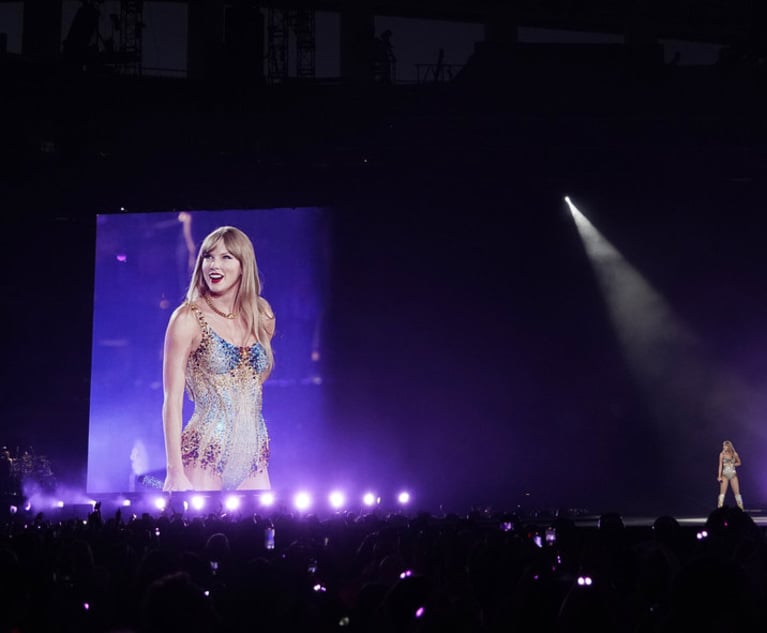In no uncertain terms, 2023 was the year of pop icon and IP rockstar Taylor Swift. A household name for her music and sold-out concerts, Swift is known for leveraging intellectual property protections to grow and secure her brand. In 2023 alone, she secured the highest-grossing tour to date with a revenue of over $1 billion, a film that grossed over $250 million and recognition as “2023 Person of the Year” by Time Magazine. Whether it is registering “Swifties” with the U.S. Patent and Trademark Office or rolling out “Taylor’s Version” for her entire discography, Taylor Swift’s use of the law to protect her curated brand has played a key role in her sustained success.
A-list celebrities like Taylor Swift are not the only ones leveraging their influence to promote and sell products and services. Streamers, vloggers, and other creatives are using their platforms to influence today’s consumer trends. While many traditional methods of advertising still have staying power, there is no denying the new wave of influencers (including virtual influencers) in digital marketing. In 2023, brands spent an estimated $21 billion on creator marketing. In fact, the global influencer industry is expected to become a $69.92 billion industry by 2029. Thus, there is no doubt that influencer marketing has become an integral part of many companies’ business plans.


 Taylor Swift performs during “The Eras Tour,” Monday, Aug. 7, 2023, at SoFi Stadium in Los Angeles. (AP Photo/Chris Pizzello)
Taylor Swift performs during “The Eras Tour,” Monday, Aug. 7, 2023, at SoFi Stadium in Los Angeles. (AP Photo/Chris Pizzello)







